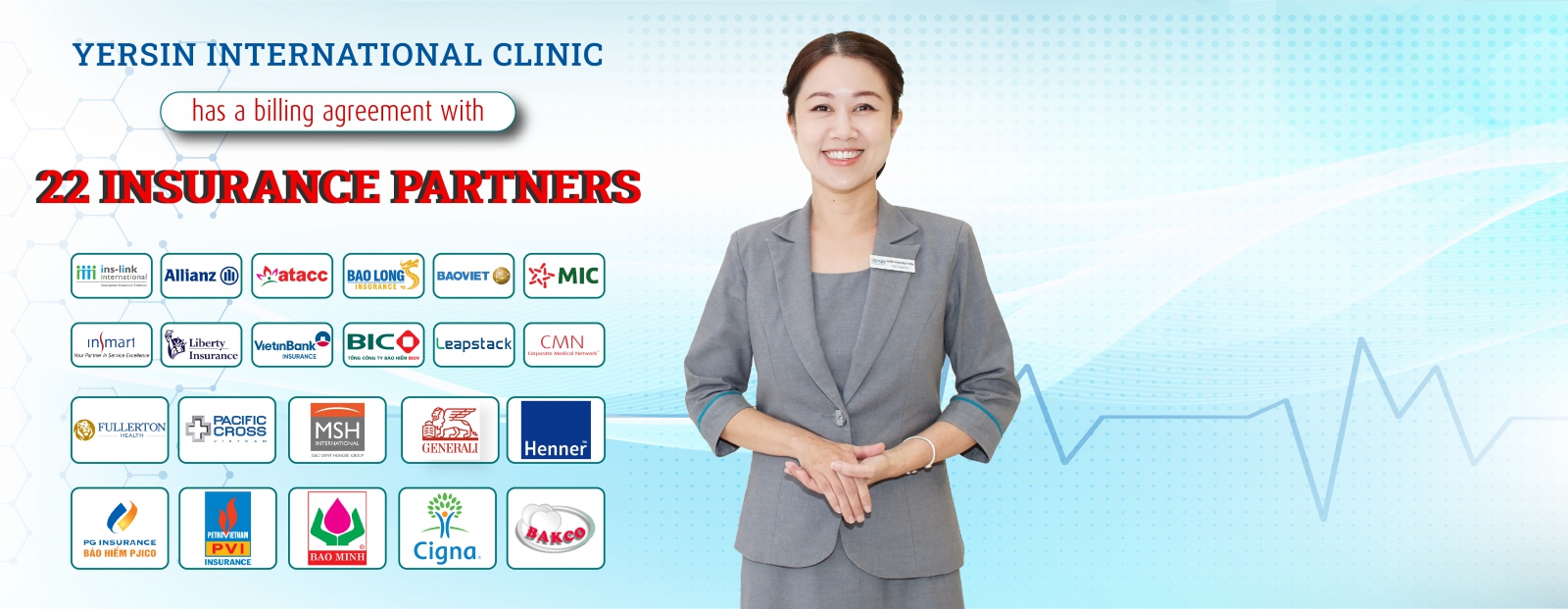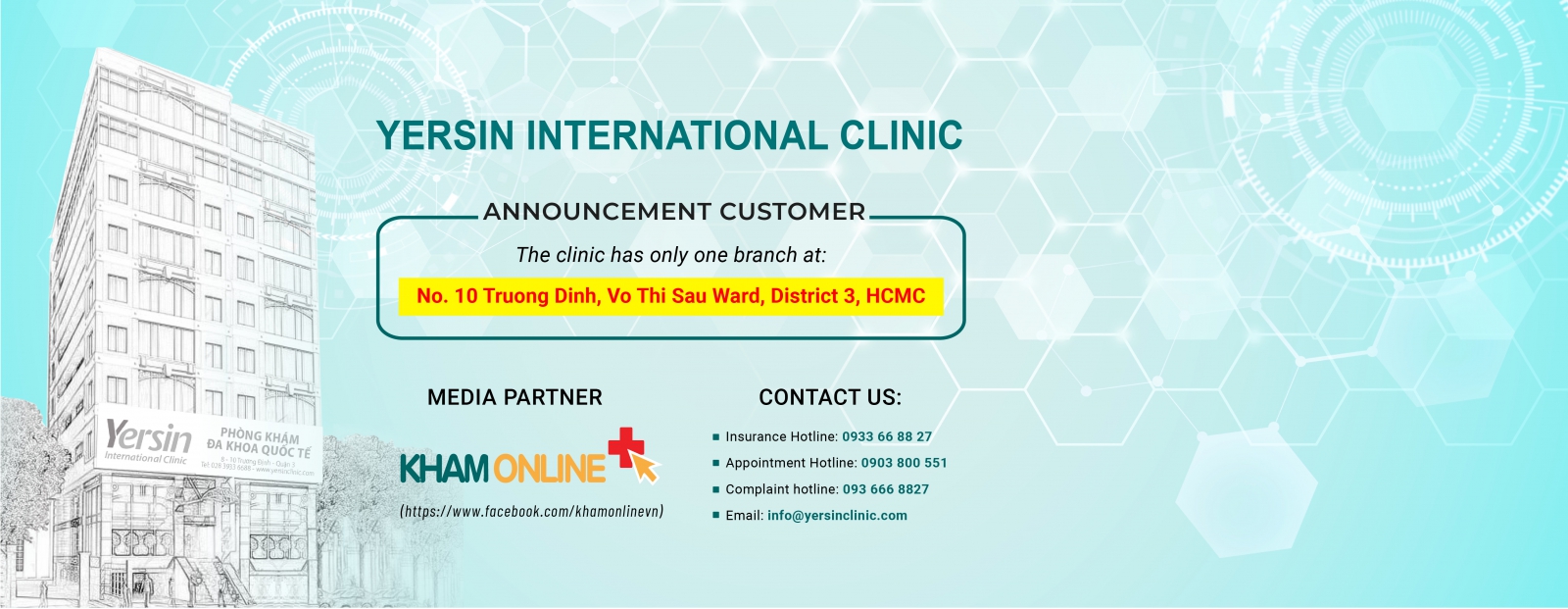Risk Factors: Chronic Conditions
Certain chronic conditions increase your risk of stroke. These include:
• High blood pressure
• High cholesterol
• Diabetes
• Obesity
Taking steps to control these conditions may reduce your risk.
Risk Factors: Behaviors
Certain behaviors also increase the risk of stroke:
• Smoking
• Getting too little exercise
• Heavy use of alcohol
Risk Factors: Diet
A poor diet may increase the risk for stroke in a few significant ways. Eating too much fat and cholesterol can lead to arteries that are narrowed by plaque. Too much salt may contribute to high blood pressure. And too many calories can lead to obesity. A diet high in fruits, vegetables, whole grains, and fish may help lower stroke risk.
Risk Factors You Can't Control
Some stroke risk factors are beyond your control, such as getting older or having a family history of strokes. Gender plays a role, too, with men being more likely to have a stroke. However, more stroke deaths occur in women. Finally, race is an important risk factor. African-Americans, Native Americans, and Alaskan Natives are at greater risk compared to people of other ethnicities.
Stroke: Emergency Treatment
For an ischemic stroke, emergency treatment focuses on medicine to restore blood flow. A clot-busting drug is highly effective at dissolving clots and minimizing long-term damage, but it must be as soon as possible, within three -- or much as 4.5 hours for some people -- of the initial stroke symptoms Hemorrhagic strokes are more difficult to manage. Treatment usually involves attempting to control high blood pressure, bleeding, and brain swelling.
Stroke: Long-Term Damage
Whether a stroke causes long-term damage depends on its severity and how quickly treatment stabilizes the brain. The type of damage depends on where in the brain the stroke occurs. Common problems after a stroke include numbness and/or weakness in the arms or legs, difficulty walking, vision problems, trouble swallowing, and problems with speech and comprehension. These problems can be permanent, but many people regain most of their abilities.
Stroke Rehab: Speech Therapy
Rehabilitation is the centerpiece of the stroke recovery process. It helps patients regain lost skills and learn to compensate for damage that can't be undone. The goal is to help restore as much independence as possible. For people who have trouble speaking, speech and language therapy is essential. A speech therapist can also help patients who have trouble swallowing.
Stroke Rehab: Physical Therapy
Muscle weakness, as well as balance problems, are very common after a stroke. This can interfere with walking and other daily activities. Physical therapy is an effective way to regain strength, balance, and coordination. For fine motor skills, such as using a knife and fork, writing, and buttoning a shirt, occupational therapy can help.
Stroke Rehab: Talk Therapy
It's common for stroke survivors and their loved ones to experience a wide range of intense emotions, such as fear, anger, worry, and grief. A psychologist or mental health counselor can provide strategies for coping with these emotions. A therapist can also watch for signs of depression, which frequently strikes people who are recovering from a stroke.
Stroke Prevention: Lifestyle
People who have had a stroke or TIA can take steps to prevent a recurrence:
• Quit smoking.
• Exercise and maintain a healthy weight.
• Limit alcohol and salt intake.
• Eat a healthier diet with more veggies, fish, and whole grains.
(From www.webmd.com)
YERSIN INTERNATIONAL CLINIC
10 Truong Dinh St., Vo Thi Sau Ward, District 3, Ho Chi Minh City
Business Registration Number: 00001/SYT-GPHĐ. Issued on August 24, 2012 by HCMC D.P.I
Head of branch: Dr. Nguyen Xuan Lam
Open Hours: From Monday to Saturday ( 7:00 - 12:00, 13:00 - 17:00 )Tel: 028.39336688 Hotline: 0933 6688 27




 1
1 1
1

